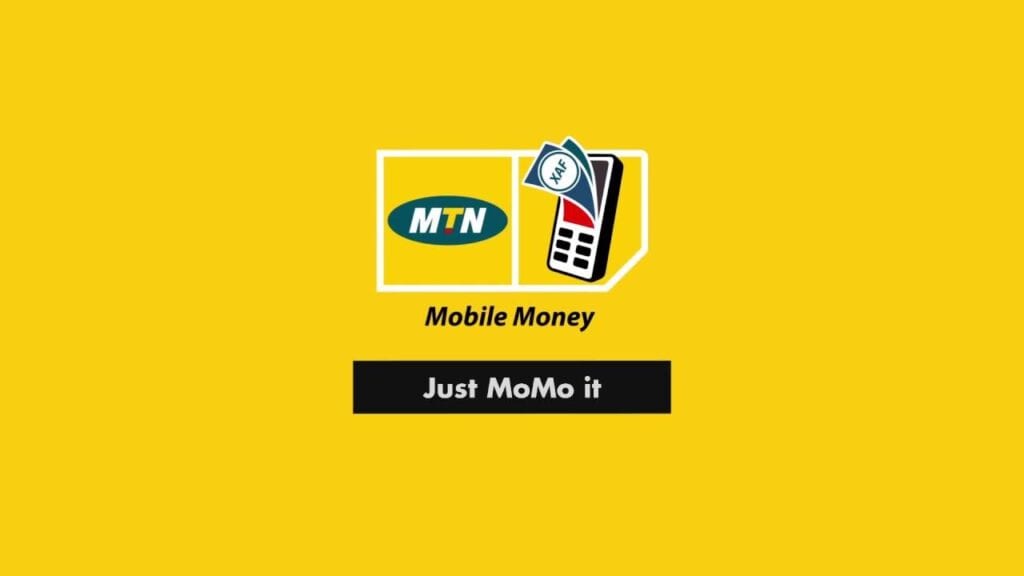How to Start a Business in Ghana 2025

Starting a business in Ghana can seem daunting if you don’t know how to go about the process. In this article, we will be guiding you through how to start a business in Ghana.
Before starting the process of registering your business, the first step is to clearly define the goals of your business.
You will need to specify whether your business is a sole proprietorship. Business Names also known as a sole proprietorship (one-man business) registered by one (1) person who takes all business decisions and all liabilities are unlimited i.e. makes profits alone and bears losses alone or its a partnership.
How to Start a Business in Ghana
Register with Registrar General’s Department
Procedure for registration
- A search for availability of the name must be conducted
- Applicant may pick up a prescribed Form A from the in-house bank or Download
- Submit completed and signed Form A at the Business Names Registration Counter for Verification and Capturing or submit Online
- Pay processing fee of GHS 100 at the in-house bank or Online on the ghana.gov.gh platform
- VIP service cost of GHs 400 in addition to the processing fees (optional)
- Registrar Examines, Approves and Issues:
- Certificate of Registration
- Certified True Copy(CTC) of Form A
- Mandatory renewal of registered name each year at a fee of GHS 60 ( or pay by using USSD *222#)
Obtain Operating Permit from the District or Metropolitan Assembly
Before you can begin operating a business in any district in Ghana, you need a permit from the District Assembly.
Checklist for processing a Business Operating Permit
- Produce Registrar General Business Certificate/Certificate Of Incorporation
- Name of Business
- Name of Business Owner
- Business Location (GPS location)/Address
- Contact Detail.
Get the License from the Regulatory Body
Depending on the nature of the business, you may need to get a license from the regulatory body.
List of Regulatory Bodies in Ghana
- Ghana Stock Exchange
- Bank Of Ghana
- Ghana Shippers Authority
- Postal and Courier Services Regulatory Commission( PCSRC)
- Ghana Tourist Board
- National Commission on Culture
- Pharmacy Council Ghana
- National Accreditation Board
- National Petroleum Authority
- National Communications Authority
- National Pensions Regulatory Authority (NPRA)
- Ghana Free Zones Board
- Ghana Securities and Exchange Commission (SEC)
- Medical and Dental Council of Ghana
Open A Business Bank Account
Gather Business Documents:
- Certificate of Incorporation: Proof of your business’s legal establishment.
- Certificate to Commence Business: Confirmation that your business is authorized to operate.
- Company Regulations: A copy of your company’s rules and procedures.
- Resolution from Board of Directors: Evidence that the board approves the account opening.
- Certificate of Registration: Proof of business registration.
- Registration of Business Act (Form A): Formal registration document.
- Business License: While not always explicitly listed, having a valid business license is often a requirement.
- Partnership Agreement (for General Partnerships): If applicable, this document outlines the partnership details.
- Fictitious Name Certificate/Statement (for General Partnerships): If your business operates under a name different from its registered name.
- Certificate of Assumed Name (for General Partnerships): If applicable, this document confirms the use of an assumed name.
- Business Registration/Statement of Partnership (for General Partnerships): Further proof of partnership.
Gather Individual Documents (for Directors/Owners):
- Valid National Photo ID: Passport, Driver’s License, Voter ID, or Ghana Card.
- Passport-sized photographs: Two recent photos are typically required.
- Proof of Residential Address: Utility bill, employer’s reference, or other acceptable proof.
3. Complete the Account Opening Form:
- Most banks will require you to complete an account opening form, outlining the details of your business and its signatories.
4. Choose a Bank and Account Type:
- Research different banks and their business account offerings.
- Consider factors like fees, services, and online banking options.
- Some banks offer specific accounts for small businesses (SMEs) or larger corporations.
5. Make an Initial Deposit:
- Most banks require a minimum initial deposit to open the account.
- The amount may vary, but can range from GHS100 upwards.





